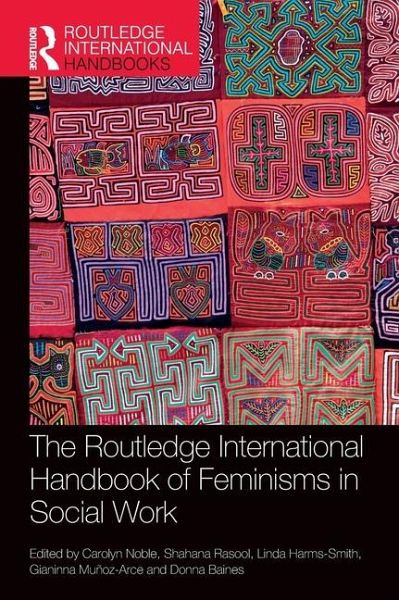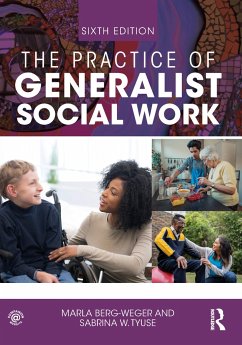
The Routledge International Handbook of Feminisms in Social Work
Versandkostenfrei!
Versandfertig in 1-2 Wochen
260,99 €
inkl. MwSt.
Weitere Ausgaben:

PAYBACK Punkte
130 °P sammeln!
This handbook highlights innovative and affect-driven feminist dialogues, that inspires social work practice, education and research across the globe. The editors have actively gathered the many (at times silenced) feminist voices and their allies together in this book which reflects current and contested feminist landscapes.














